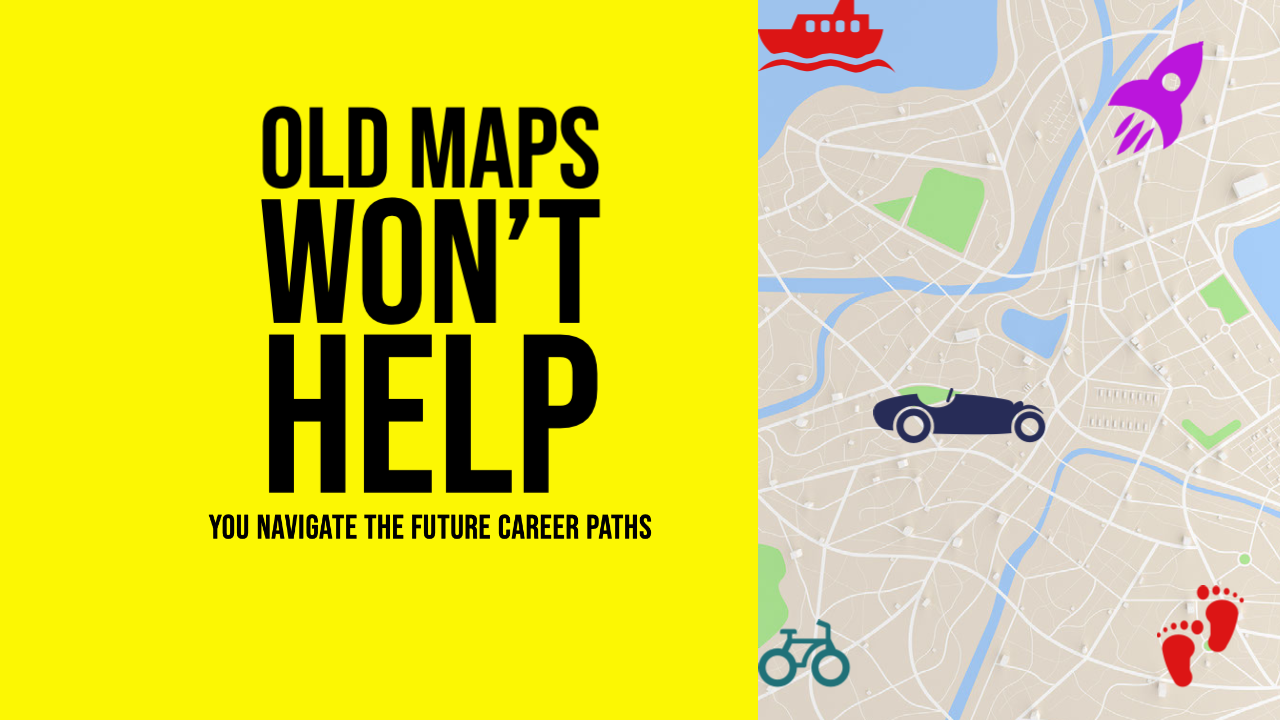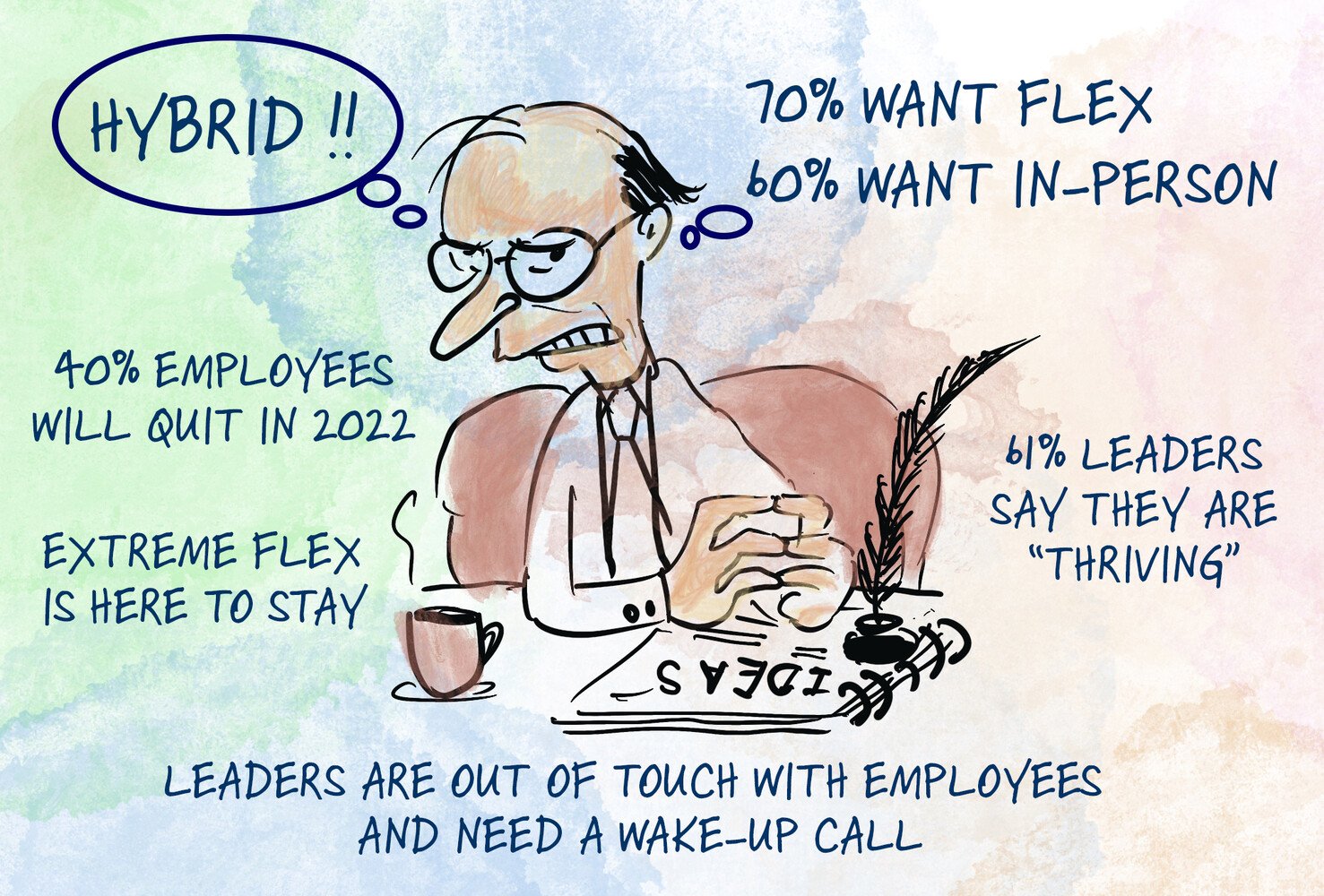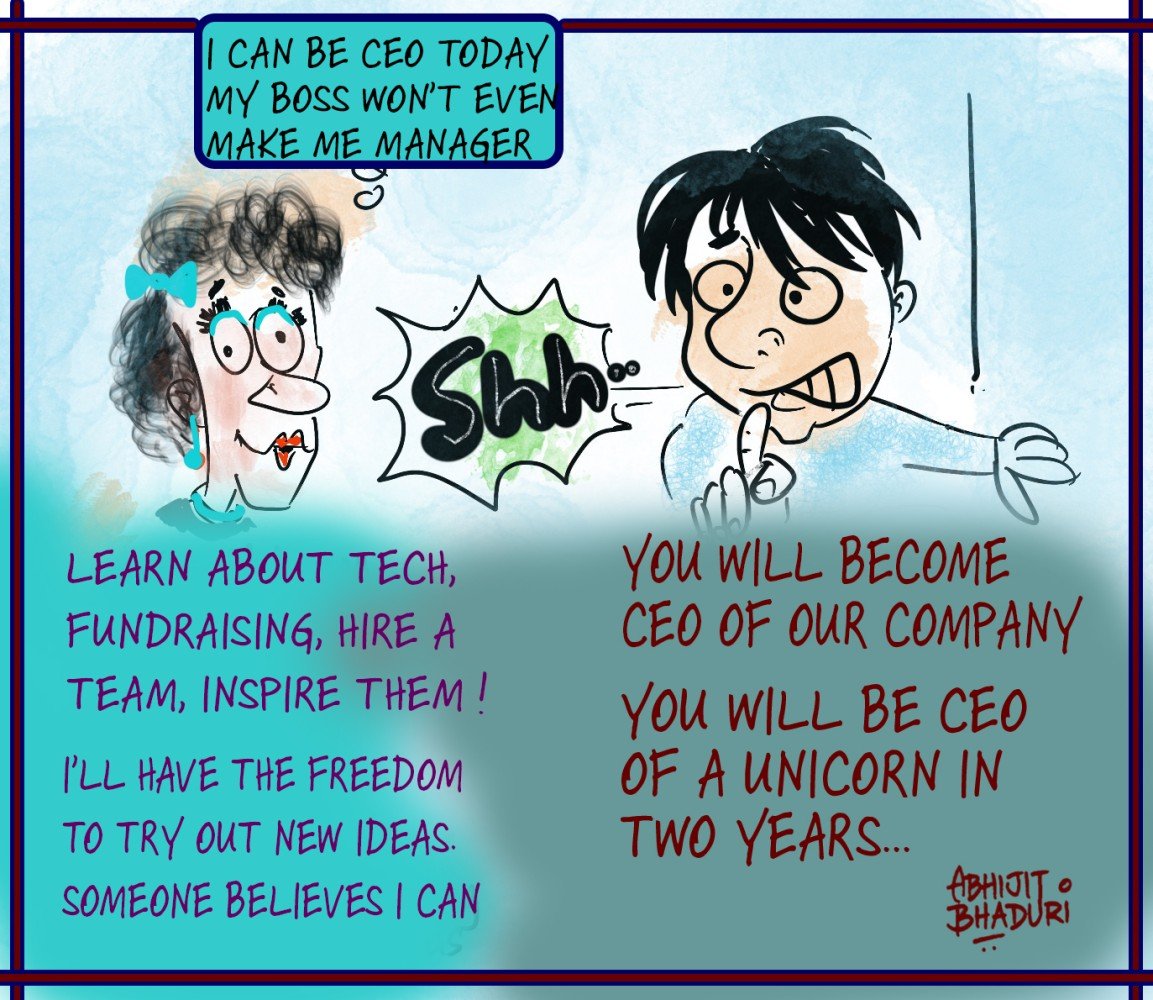"Restless Employees" is a trend. Are you one of them?
One job, one salary, one set of skills and a predictable career path is boring. The "Restless Employee" is a trend that won't go away. They are all moonlighting as they work from home. That is a good thing.
Nothing makes sense anymore
There is no single source of truth. All information is up for a challenge. There is no single option everyone agrees upon.
People want flexibility and they want to be together ... at times. They miss the in-person socialising and mentoring. They don't want to commute to work. The internet connections at home are awful. So no one puts on the camera. So virtual meetings and training programs are not as effective and certainly not as much fun. I can sense the frustration in the voice of the head of India's largest executive search firm.
"People have no problem eating out at restaurants, staying in hotels and travelling for holidays and watching movies in the theatre. It is only coming back to the office that is a big deal. People are taking advantage of the employers."
5 year "half-life" of skills
If a job pays $100 today, in five years it would be possible to pay someone $50 to do the same job. The half-life of that job is five years. Most degrees do not provide any guarantee of employment anymore. The employers complaint that the low employability of students they hire from colleges. Employees complain that Organizations are dying faster. Scientists say that we are living longer thanks to modern medicine and better awareness.
On LinkedIn, women, Gen Z etc are applying for more remote versus on-site positions. Last month more than 800 opportunities for HR jobs (that are remote) alone got listed by this site alone. <Check it out>
Moonlighting is evidence of the "Restless Employee"
41% of employees are considering leaving their current employer this year and 46% say they’re likely to move because they can now work remotely. <read this>
"The Restless Employee" is a thing. They want to build certainty in their lives and explore possibilities independent of the employer's mostly one-sided view of career paths. A second job or moonlighting (some call it the "side-hustle") is more common than you think. I asked readers what should the employers do when they find out about an employee who has been moonlighting? <Do read the comments>
In India, doing a second paid job is illegal for full-time employees. Senior leaders are called to speak at conferences or teach in colleges. As long as it is not a paid activity, employers do not have an issue. Building skills or teaching has a social sanction, but doing it for money is likely to be judged.
The side-hustle is a sign of the "Restless Employee"
When someone pursues a side-gig, it often starts with the occasional forays merely as a form of relaxation or giving back. Sometimes it can forge a new career path altogether. <Read about Career 3.0>
Shashank is a market researcher. "Everyone does that already. If not everyone, then most of them. They trade, they invest and many earn from them, all in the office hours." There are day traders and crypto traders who make more from trading stocks than what their jobs pay.
There are hundreds of founders and owners of family businesses who built their skills and even found their founding team at their workplace. While employers lament about employees not being entrepreneurial, what they want is someone much more timid and tame.
Employers have rigid career paths and policies that stifle mobility and entrepreneurship. It is hard for the Finance person to try out Digital Marketing for a while if they work for a conservative employer.
Startups provide that safety valve for people to grow unhindered.
Labour Laws Must Change
The Restless Employee is here to stay. The Labor Laws of India must change to reflect the need for people to do more. Sometimes people do a second gig for the money. Sometimes they do it for the experience. In a world where employers can offload employees at will, they must respect the individual's effort at building financial safety. The relationship between the employer and employee has weakened. The laws have not acknowledged it.
Some Employers Acknowledge Moonlighting
Work from home weakens the psychological connection with the employer. Out of sight is out of mind indeed. The power centre has shifted from the employer to the employee. Firms like Oracle have created a framework that legitimises moonlighting <read about it>
Short term projects and job crafting
Allowing everyone the chance to do a side-hustle within the organisation may be great to build skills. Job Crafting can be done by changing the knowledge or skills needed to do the job. It can be done by changing the relationships that must be built to do the job. A skilful coach can help reframe the meaning behind the job.
Moonlighting is a sign of a restless workforce. Time for the employers to acknowledge it and leverage it to innovate.
Read more: Career Tips for success by Emeritus








